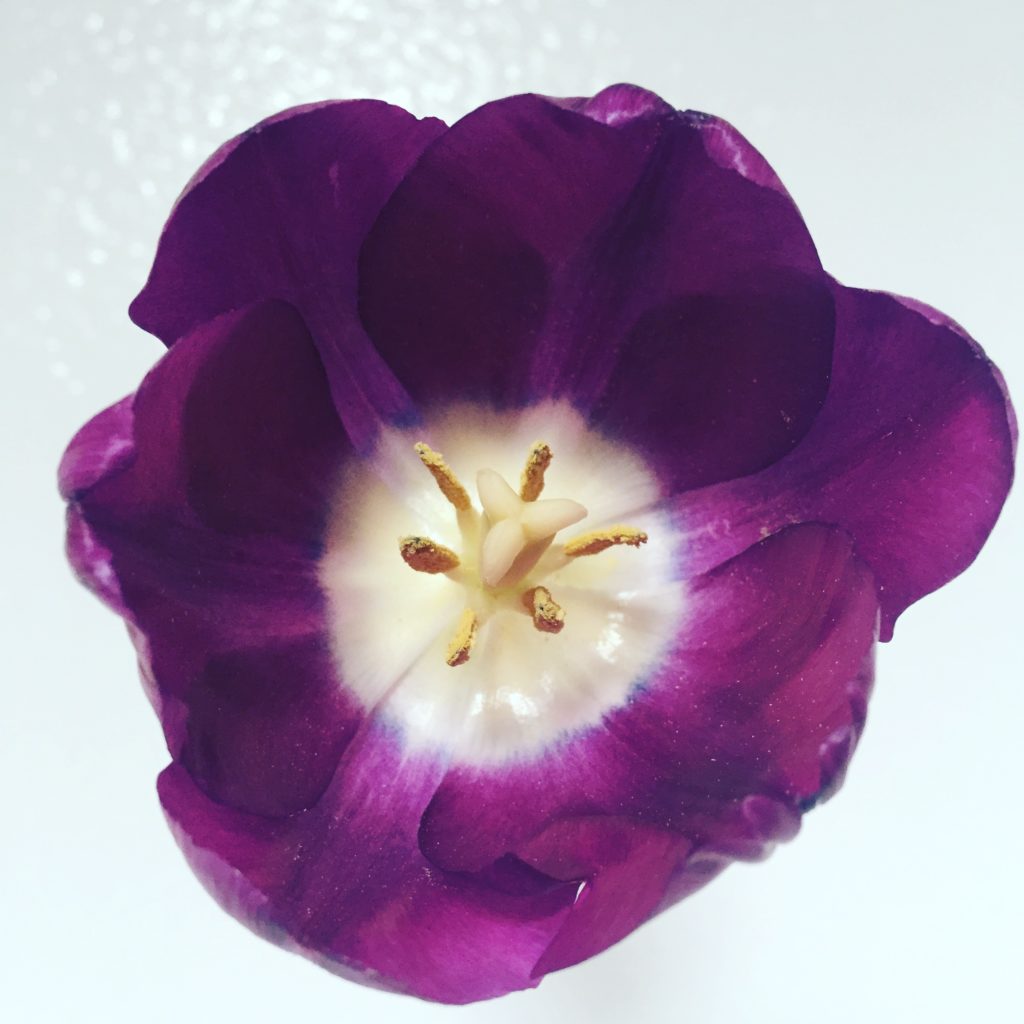Hair
Growing up, I was jealous of the white kids who would return to school after summer or winter break with new hair. New haircuts, new hair colors, new presentations of themselves based on a new hairstyle. I’ve since outgrown my jealousy, but I still notice the air of excitement around a friend’s or colleague’s new hair when they return after a break from school. There’s something to be said about new hair, meaning new beginnings, and I’ve always wanted to share this feeling with friends—to let them look in awe or feel around as if my hair were a beautiful and newly grown part of my body.
I realize it might be odd to covet “white” hair, but it isn’t the hair I want as much as its significance. That is, I don’t feel I have the freedom to dye my own hair after a breakup and present “the new me” to my friends. I can’t cut my hair in any dramatic way, showing up one day with gorgeous bangs or having just given a foot of it to Locks of Love. I can’t, in spy thriller fashion, change my hair as part of a disguise to hide myself from the bad guys.
My sisters and my mother have all told me about their hair being made fun of at school, for different reasons. My sisters’ hair was “nappy” or too big, too messy for a white crowd. This, I understood: As a child whose father cut my hair at home instead of taking me to a barber, I learned to keep my hair short and neat, never out of control. I learned that having short hair, having hair barely visible from a distance, meant never having to worry about it.
My mother grew up with what the other black girls at school called “white girl hair.” She was made fun of for it. I know from pictures that at different points in her life, my mother sported an Afro or has let her hair grow big and fluffy, but “black” hair has never been natural for her. Her natural hair is straight, different from the black girls with whom she went to school, and she made it “blacker” the moment she became old enough to.
I used to wonder why my mother would ever change her hair—regardless of the difference in our genders, I thought my mother could take every advantage she wanted to of having white girl hair. She could style it however she wanted, could cut it whenever she needed a change. She could even color it, if she wanted to. I imagined she had plenty of opportunities, if only because of her hair, for fresh starts.
As a child, I also saw this opportunity in my mother’s sisters. Though I can’t remember whether when I was younger they all had hair like my mother’s, I can remember when they would visit our home and their hair was slightly dyed or stylishly cut. I wondered how often they changed their hair, how often they had a breakup or wanted to go back to school as someone different. As someone new.
The experiments I’ve done with my own hair have all been accidents. When I was four or so, I once turned my hair green by putting too much of some chemical in it that I’d found in our medicine cabinet. I can remember looking in the mirror, freaking out, then thinking it was neat that I looked a little like (the comic book villain) the Joker, then being sad when my father cut all of it off after it couldn’t be washed away.
I messed up plenty when trying to cut my hair myself as a child, forcing my father to cut my hair different than usual by adjusting to my folly. I could go through grade school yearbook photos now, asking What was I thinking? before seeing that my hairstyle might’ve been the result of one of my father’s quick fixes—before seeing that the difference between one yearbook photo and the next probably isn’t the result of maturation, but experimentation.
Now in my thirties, I cut all my own hair off once a month, usually keeping it invisible from a distance. A friend suggested to me once that I try dyeing it, and I responded that that would make me feel a bit too much like the rapper Sisqó. My joke aside, dyeing my hair would feel too forced, too contrived, too much of a performance—with my hair, which only feels neat when short, its natural state (undyed, unstyled) seems best. If I want excitement in finding a “new me” it’ll have to come from something other than hair, from something other than style, and from something I won’t awkwardly covet.
Micah McCrary is a contributor to the Los Angeles Review of Books. His work appears or is forthcoming in The Rumpus, Essay Daily, Assay, Brevity, and Midwestern Gothic, among other publications. He co-edits con•text, is an assistant editor at Hotel Amerika, and is a doctoral student in English at Ohio University.
